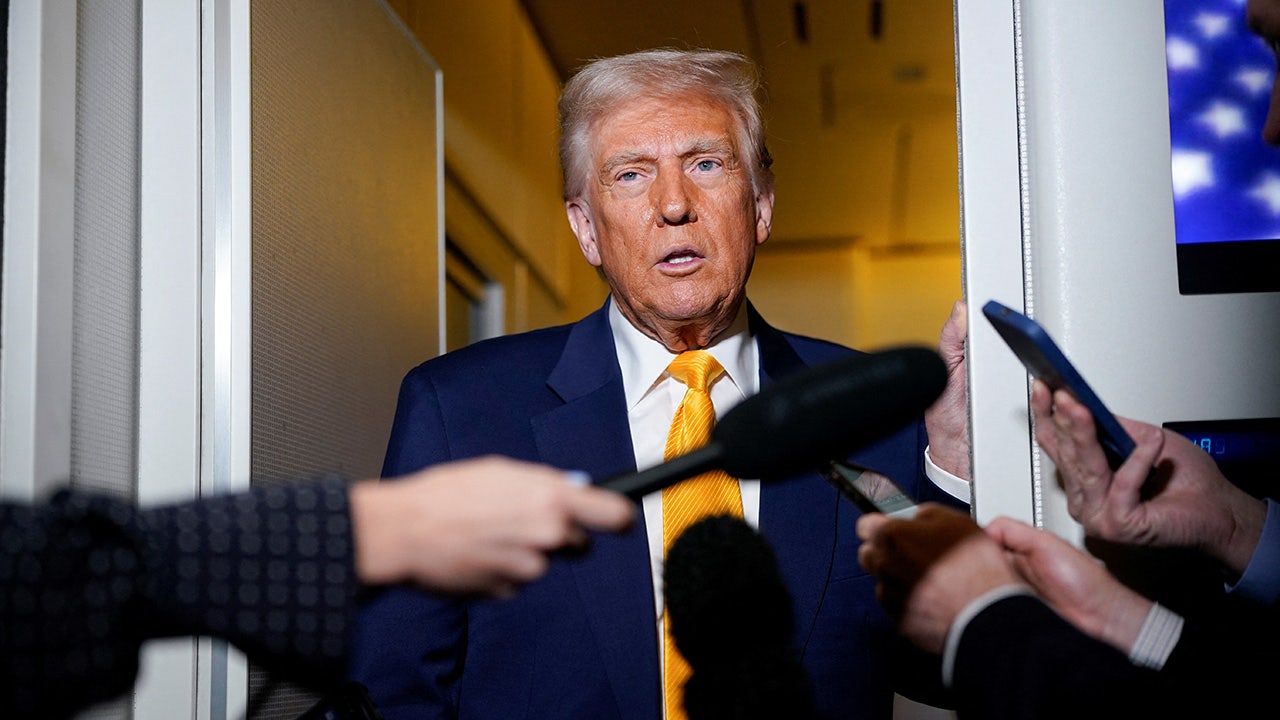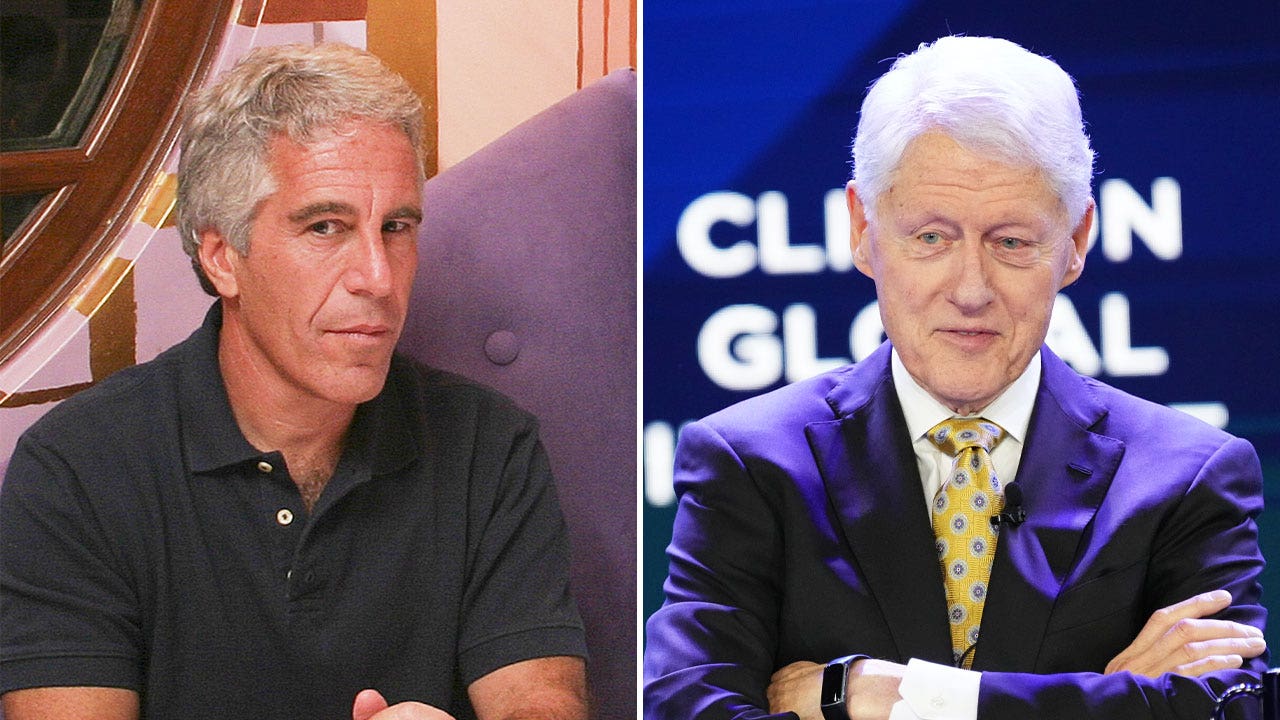Trump suggests lower 80% tariff on China

President Donald Trump made a bold statement on Friday morning, suggesting an 80% tariff on Chinese goods entering the United States. This announcement was made on Truth Social, with Trump indicating that the final decision would be left to U.S. Treasury Secretary Scott Bessent.
If implemented, this tariff would be nearly half of the current 145% tariff imposed on China. Trump emphasized the importance of opening up the Chinese market to the U.S., stating that closed markets are no longer viable in today’s global economy.
This specific number is a departure from Trump’s previous statements about potentially lowering tariffs. The timing of this announcement is significant, as it precedes weekend discussions between Bessent, chief trade negotiator Jamieson Greer, and Chinese economic tsar He Lifeng in Switzerland.
White House press secretary Karoline Leavitt clarified that Trump’s mention of an 80% tariff was simply a suggestion, and any decision would require concessions from China. Despite the president’s eagerness to strike a deal with China, he remains committed to maintaining a 10% baseline tariff.
The Trump administration’s approach to tariffs has been a point of contention, with widespread tariffs announced on multiple countries on April 2. Following backlash over unfair trade practices, the administration adjusted its initial proposal on April 9. This adjustment included an immediate 145% tariff on Chinese goods, while reciprocal tariffs on other countries were reduced to 10% for a 90-day period.
China responded to these tariffs by raising tariffs on U.S. goods to 125%, escalating tensions between the two economic powerhouses. Trump’s willingness to negotiate and explore different tariff options reflects his ongoing efforts to address trade imbalances and protect American interests.
As discussions continue between the U.S. and China, the outcome remains uncertain. However, Trump’s proactive approach to trade negotiations underscores his commitment to securing favorable deals for the United States. The impact of these tariffs on global trade dynamics will undoubtedly shape the future of economic relations between the two countries.




